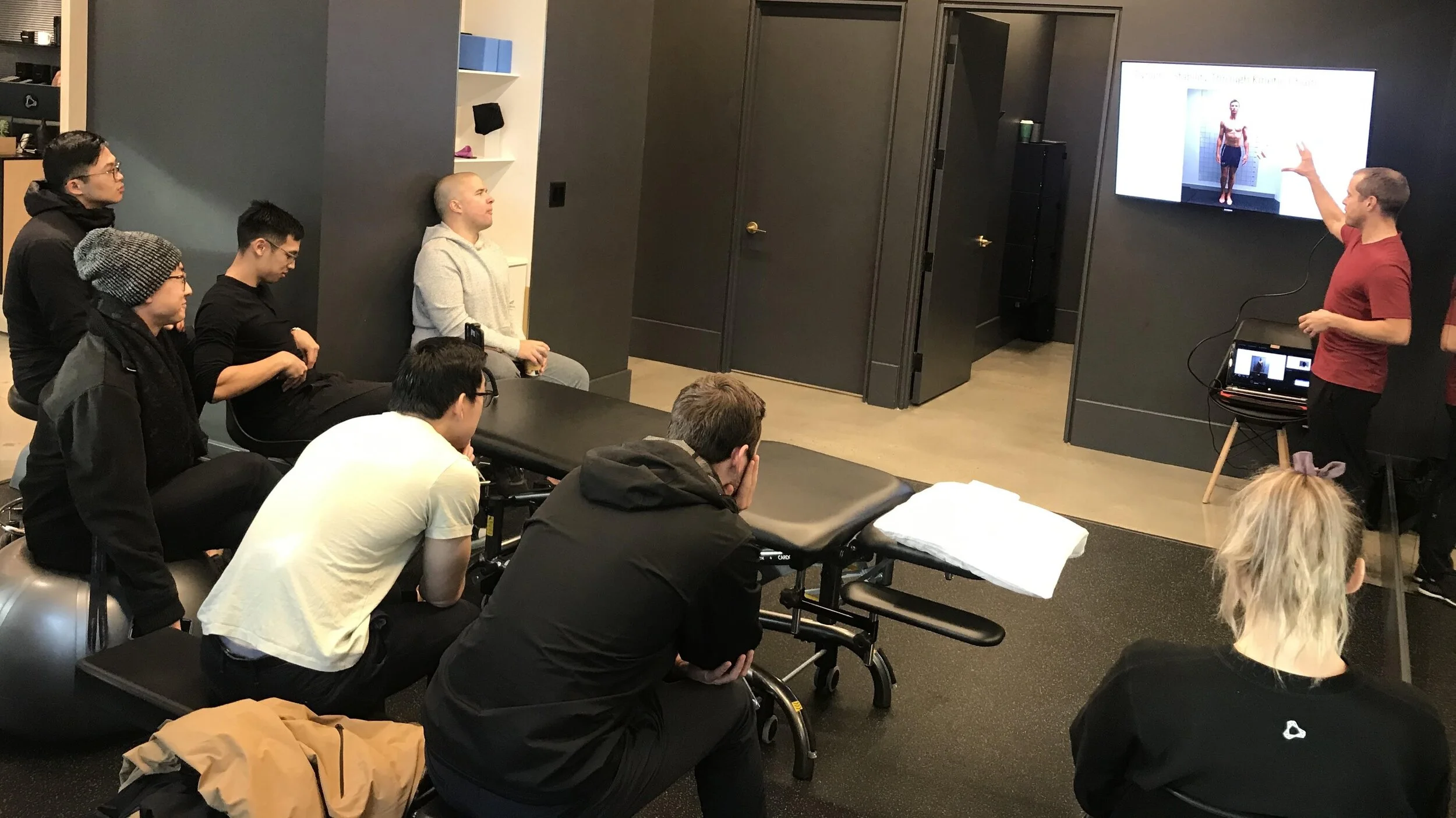The initiative and intrinsic motivation to train solo successfully for extended periods are rare and vital qualities for any aspiring performer. Over recent months the lack of direct coaching supervision, restricted access to training facilities and absence of training partners posed huge challenges for athletes at all levels, testing not only their will but also their ability to find a way. Regular readers will recognise that these are not new themes - as noted before the biggest test of a coach is what happens when we’re not present. With the unprecedented events of 2020 all of this very much came to the fore. The critical role of agency and the need to ensure that athletes are capable of functioning independently are arguably among the biggest lessons that coaches, practitioners and indeed the athletes themselves can take from this tumultuous period.
Where Do We Draw the Line in Elite Sport?
Recent scandals, including multiple allegations and criminal cases of serious abuse, have rocked sport around the world. Arguably the most egregious example is the case of USA gymnastics, which should serve as a cautionary tale for everybody involved in sport at all levels. Against this backdrop, there has been something of an avalanche of allegations of bullying and improper conduct that are presently playing out in the public sphere. In turn, this has prompted calls for national sporting bodies to be less obsessively driven by winning medals. The perils of the ‘winning at all costs’ mentality have been cited as the reason behind the toxic environments and climate of fear that has been alleged in multiple sports, notably in the investigations that are presently ongoing within the UK. But of course winning on the world stage does come at a cost, both financial and personal. So where should we draw the line?
Continuing Our Education
As many practitioners will testify, it is after we have completed our formal education, professional training and certification that the real learning begins. The day to day experience of solving problems with live humans is when we discover the limits of our knowledge. It is also here that we find out that the reality is quite different to what is taught in class and the version that appears in (most) textbooks. Individuals, organisations and certifying bodies alike recognise this need to continue our learning once we are working in our respective field. The terms continuing education, continuing professional development and variations thereof will be familiar to most practitioners across disciplines (sadly it is not so well established in the coaching profession). What is less clear is how we might best tackle this ongoing quest and make good choices from the growing array of options with regards to content and the modes of delivery that are available to us.








